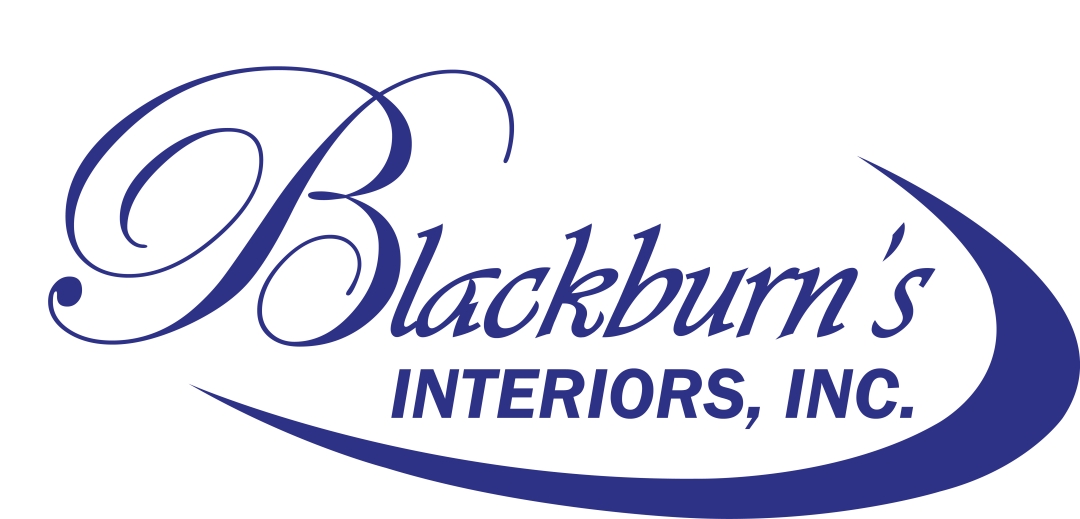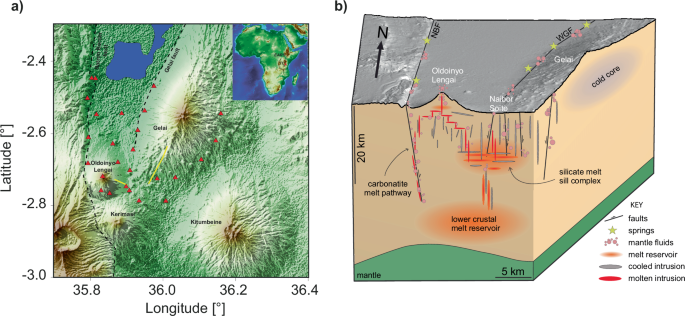Under the banner, “We make life better for Canadians,” the contingent of association leaders representing CIPH, HRAI and ASHRAE shared six priority areas for the Canadian HVAC/R and plumbing industries.
Representatives from HRAI, CIPH and ASHRAE on Parliament Hill: (l-r) Satinder Chera (CEO, CIPH), Dennis Boyce (past president, ASHRAE), Sandy MacLeod (CEO, HRAI), Joe Muchynski, (Chair, HRAI) and Brent Cornelissen (Chair, CIPH).
Representatives from the Heating, Refrigeration and Air Conditioning Institute of Canada (HRAI), the Canadian Institute of Plumbing and Heating (CIPH) and the American Society of Heating, Refrigerating and Air-Conditioning Engineers (ASHRAE) convened on Parliament Hill, Tuesday, October 7th, to hold a press conference and present a unified statement to the Federal Government.
Under the banner, “We make life better for Canadians,” the contingent of association leaders shared a proposed roadmap for positioning the Canadian HVAC/R and plumbing industries for success across six priority areas:
Energy Savings & Retrofits: Since buildings in Canada are responsible for 18% of national greenhouse gas (GHG) emissions, the HVAC/R and plumbing industries feel they are positioned to lead retrofit solutions that help Canada achieve its net-zero goals. As such, the associations recommend that representatives from the HVAC/R and plumbing industries play key advisory roles offering guidance when the government is developing new regulations and/or incentive programs that encourage building owners and homeowners to invest in new HVAC/R and plumbing solutions.
Workforce Development: A 2024 BuildForce Canada report highlights the need for Canada’s current HVAC/R workforce to quadruple by 2030 to meet its net-zero goals. “The industry lacks the skilled workforce capacity to deliver on Canada’s shared objectives,” voiced Joe Muchynski, national Chair of the HRAI and vice president with Arvin Air Systems. “We recommend that the Federal Government commit to establishing a $100 million decade-long HVAC/R workforce re-training fund to subsidize tuition and up-skilling for HVAC/R and plumbing professionals, and support the establishment of national trade certification for HVAC/R and plumbing technicians, with the aim of certifying 5,000 workers by 2030.”
Indoor Environmental Quality: “We recommend that the Federal Government convene with the HVAC/R and plumbing industries and technical organizations and relevant scientific and health experts to advise on the adoption of appropriate standards and building codes, the establishment of professional certifications and training requirements for indoor air quality assessments and solutions, and support a communications programs to educate Canadians about the health benefits of investing in improved indoor environmental quality,” said Dennis Boyce, past-President of ASHRAE, adding, “HRAI specifically recommends that the Canadian government commit $5 million towards this communications campaign.”
International Trade: “Canada’s HVAC/R and plumbing supply chains are at risk of serious harm from any further escalation from cross-border trade disputes with the United States,” noted Brent Cornelissen, Chair of CIPH and CEO of +osb.
Enhanced Regulatory Coordination: “Additional regulatory harmonization between the Federal Government and the provinces is needed to streamline the adoption of new technologies, encourage sustainable construction and improve Canada’s ability to meet its climate and housing goals,” added Cornelissen. “We recommend: accelerate federal/provincial collaboration to harmonize and accelerate building, plumbing and energy codes, promote interprovincial agreements and reduce trade and regulatory barriers in the construction industry.”
Investment in Infrastructure: The group recommends: the government expand tax credits and scientific research and experimental development (SR&ED) tax incentives to encourage manufacturers to develop made-in-Canada sustainable technologies; promote partnerships among industry, government and Indigenous Peoples to foster innovation; and prioritize investment in regional, modular and pre-fabricated homes across Canada.
In an accompanying press release, Martin Luymes, vice-president of government and stakeholder relations for the HRAI, reinforced the priority of international trade, noting: “While we understand the government may need to consider [further] retaliatory measures, the HVAC/R industry’s products and services are too essential to be caught in the crossfire of trade disputes.”









